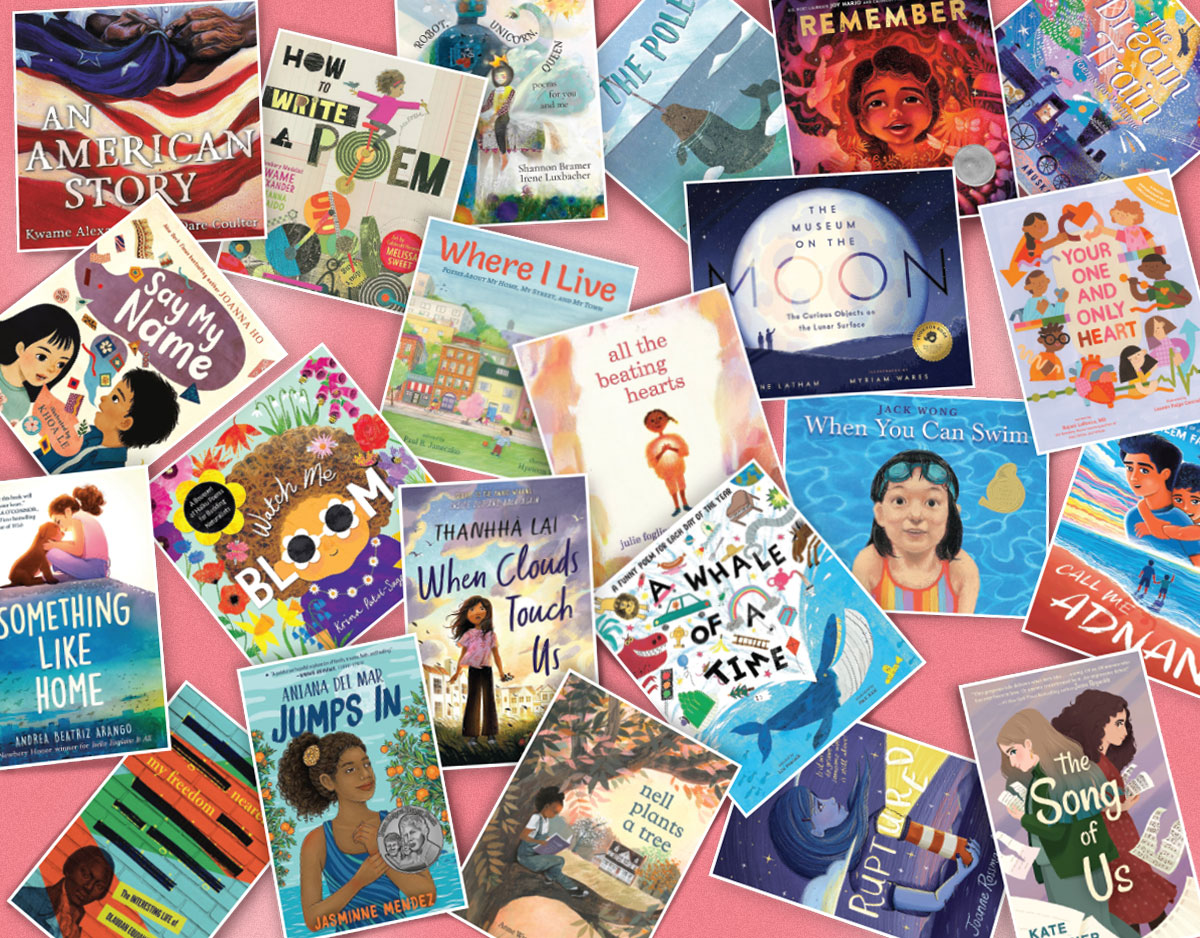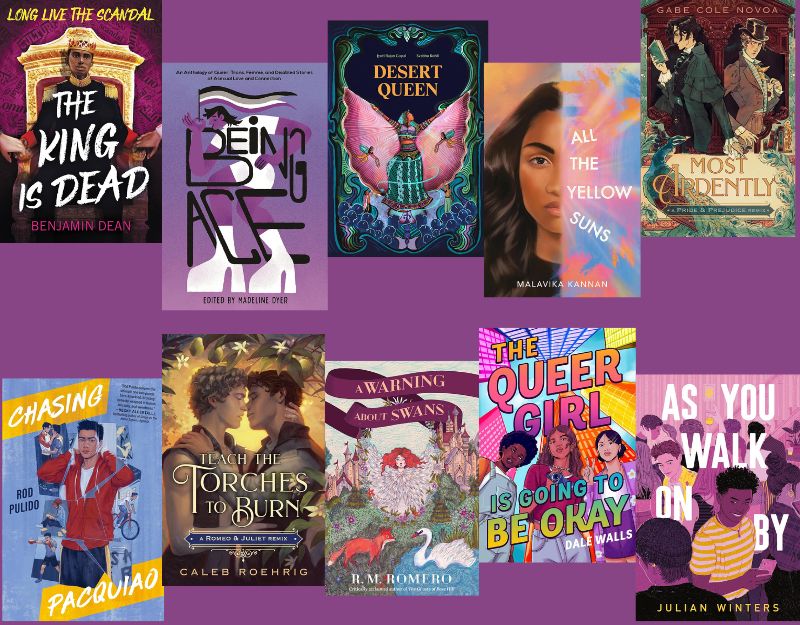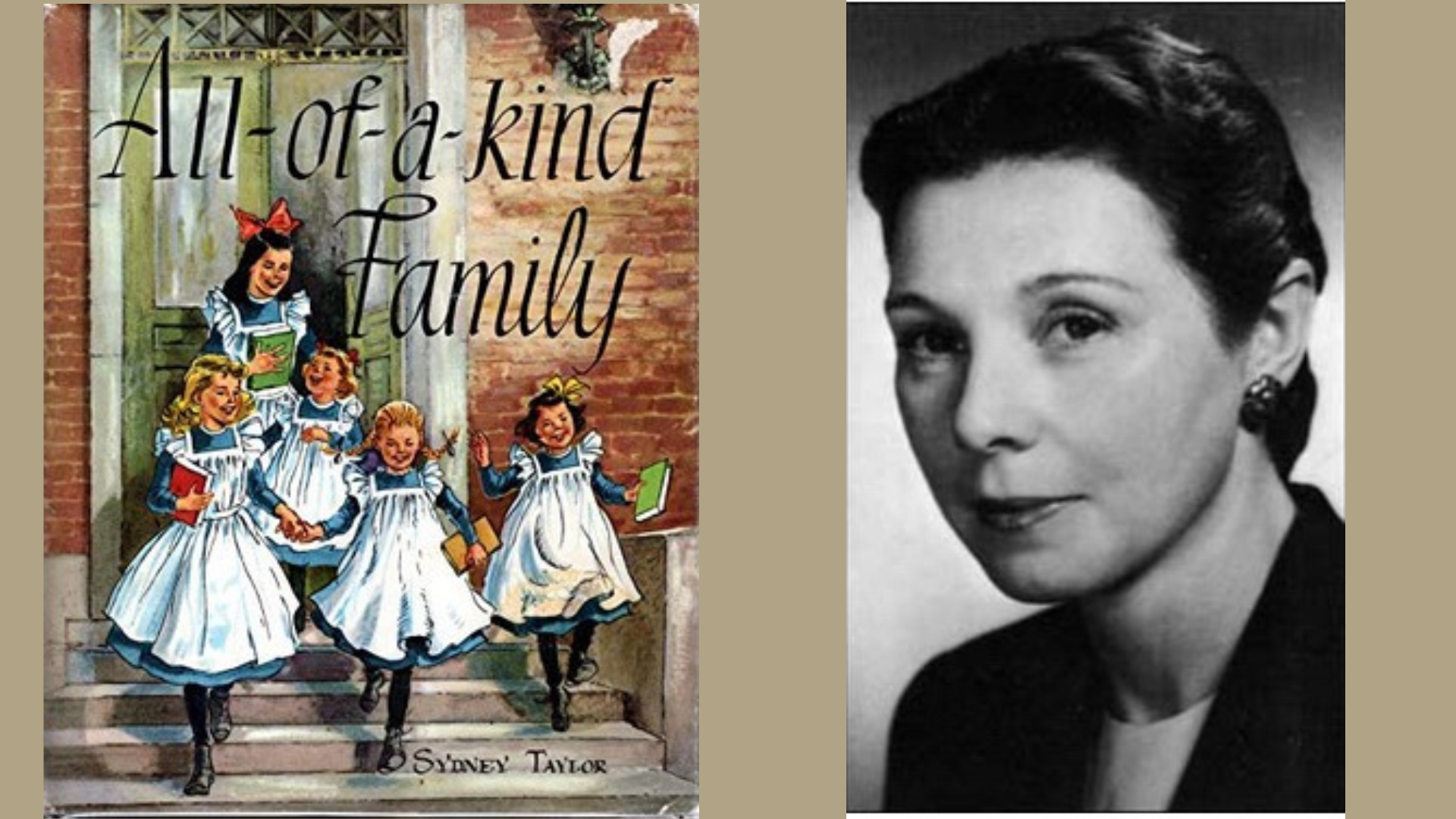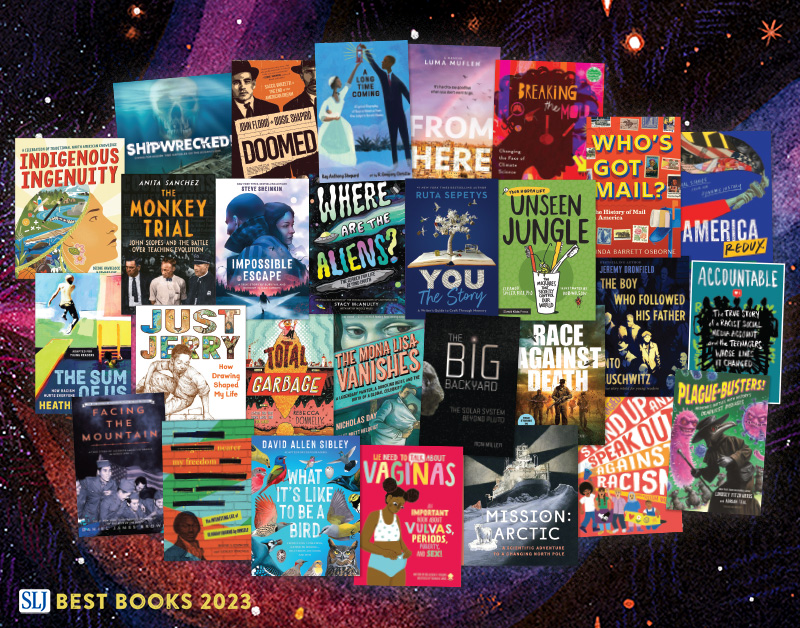It’s Over, Isn’t It? George O’Connor Interview and the Final Olympians Release
I was into the Greek gods before you were.
I can’t actually back that statement up. Can’t really account for who, amongst you, might count themselves as a true scholar of Greek mythology. But what I can state with pride is that I was into the George O’Connor Olympians series from day one, and I think that counts for something. When Zeus: King of the Gods was released on January 5, 2010, I was there, man. I loved that book. And as each subsequent chapter in O’Connor’s Olympians series was released I gobbled it up hungrily, god by god.
Who then could have predicted that it would take O’Connor until 2022 to finish this epic twelve book series? I certainly couldn’t have put a date on its ending, but I can tell you one thing: With today’s release of Dionysos: A New God, we’re seeing not just the end of a series, but an end of an era. And to my infinite delight, I was able to talk to George, not simply about rounding out this epic but also about the way the series has grown and changed over the years.
ADVERTISEMENT
ADVERTISEMENT
I just can’t believe it’s over.
Betsy Bird: George! Zounds! What a long strange trip it’s been. When this series started with Zeus: King of the Gods it was 2010. Twelve years later (one for each Olympian!) you’re done. Did you have a calendar in mind for how long this might take when you started? Did you know from the start that you were looking at a twelve year commitment?

George O’Connor: More like I hoped for a twelve year commitment! On the earliest pieces of artwork related to Olympians (some ideas for cover sketches I drew way back in 2008) I‘d already written “Book One of Twelve” on them. It was always the dream to make this a twelve book series, and really, one book or year, more or less, seemed a good rate to get them out— both in terms of a publishing plan and my own pace at making them. Not only that, as a freelancer, it was nice to have such a steady gig. That the series was so successful was more than I could have hoped for.
BB: A person’s style can change over time. Has that affected you in particular at all? And tangentially related, do you ever look back at Zeus or Athena or Poseidon and think how you might do things differently now?
GOC: What an insightful question. I often wonder about this— I do look back on the earlier volumes of the series, drawn over a decade ago, and to my eyes they often do look very different than how I draw now. But what I specifically wonder is, can an outside viewer see the way my style has changed, or is it just something obvious to me since I’m so close to it?
That being said, I do look at the earlier volumes, Zeus and Athena especially, and I see some things- a lot of things— I would almost definitely draw differently now, but I don’t mind. I find it interesting to look at your older work and see how it differs from what you draw now, to see which stylistic quirks dropped by the wayside and which new ones have popped up. There’s a few things here and there I wish I’d done differently, but I think going back and changing them can be a slippery slope. Just look at George Lucas and his tweaking of Star Wars— Han shot first, darn it! It’s probably better to let your work stand as a testament to the you that created it, as opposed to constantly updating it to bring it more in line with the you that exists now.
BB: I know that when I figured out that Dionysos was going to have to be the final featured figure I was trying to lay bets on what stories he might encompass. I thought maybe we’d see the Orpheus story since that ends, tragically, via Dionysos’s followers. Instead we got some other familiar tales and some that were entirely new. When you prep a book like this, do you lay out all the stories related to your featured god and figure where they’d fit, or did you plan all of this out years ago?

GOC: Poor Orpheus! His stories always get bumped from my books.
Way back when, when I first started working on this series, I made a spreadsheet document for all twelve proposed titles in Olympians, which Goddess or God would be the focus, and what stories I would include in each volume. Now, there are way too many Greek myths for me to have done a comprehensive compilation of stories, so instead I chose myths to retell that illustrated a key feature of that Olympian’s personality or role, as I saw it. I may not be able to tell all the stories about a particular deity, but I could at least paint a complete portrait of who they are and what they were about.
According to that original series plan, Orpheus’s trip to the Underworld to rescue his lost love Eurydice was originally going to be retold in Olympians Book 4, Hades: Lord of the Dead; and his gruesome end at the hands of the followers of Dionysos was going to be told in the new book, Dionysos: The New God. Ultimately, however, I had to cut both stories due to space. By its very name, Olympians, as a series, needs to have a focus on the titular Goddess or God, and some stories I would have loved to tell— even incredibly famous ones like Orpheus—- didn’t make it in because they were too tangential to my main thesis.
Over the course of the twelve books my initial roadmap of which myths to retell stood up surprisingly well, but a lot of fun stuff got cut. One day, I hope to return to Greek myths (in a series named something other than Olympians, perhaps) and retell a bunch of these stories that never made the cut. Greek mythology has always been my biggest love, and I would gladly spend the rest of my career retelling stories from it.
BB: A lot has changed in America since you first started The Olympians. In particular are prevailing attitudes towards gay and bi relationships. Dionysos has romantic attachments, like many of the gods, to both men and women. However, I feel like this could be plainly stated in this book, whereas in past years it might have been fudged or obscured. Have you noted this shift?

GOC: Definitely. To be honest, and tying this back to your earlier question about things I would change, there are maybe a detail or two I would love to make more explicit regarding same-sex relationships in some of the earlier books. In general in Olympians I try to not clean up any of the aspects of Greek mythology that might offend a more modern audience, so I never shied away from depictions of same-sex relationships, but I didn’t hang a hat on them either.
Luckily for me, the God I saved for last has some of the best opportunities for depiction of LGBTQ characters. Dionysos’s first great love is a male, and I present it very matter of factly. More interesting is the fact that Dionysos was initially raised as a girl, and as a shape-changing Olympian, there’s no reason to assume this was just a disguise. In my retelling, Dionysos was born presenting as a female, and as he got older he realized he was a man. My Dionysos is trans.
BB: I was pleased to see Hestia get her say, but Dionysos is clearly the star of the show. With his book you make this sweeping connection between the first book and how the gods began, and a god with the closest ties, in some ways, to the humans. Was Dionysos always going to be the last god in the series?
GOC: Yes, I always knew Olympians had to end with Dionysos, and even more specifically with his story being told by Hestia. Hestia, goddess of the hearth, was the first Olympian— an incredibly important figure in Ancient Greek religion, literally the embodiment of the fire the ancient Greeks sat around at night to tell their stories of the Gods— but, oddly, a figure only lightly represented in myth. Dionysos, on the other hand, was a late arrival to the pantheon— the last Olympian, so to speak.
ADVERTISEMENT
ADVERTISEMENT
Dionysos was a prototype of a new idea in theology – the God born of mortal woman and a divine father. Couple that with his role as breaker of status quos and it only makes sense that Dionysos would be the last Olympian, and the first, as the subtitle alludes to, of a new type of God. I thought it made for a great sense of symmetry to have the tale of the last Olympian be related by the first.
BB: Do you feel a sense of palpable relief that it’s all over? Do you feel a sense of loss? Both?
GOC: Another insightful question! Relief, I don’t know— I love these stories and these characters, and my particular takes on them — I feel it’s still so fresh, but I will miss them more than anything else. Hopefully, like I said earlier, I will return to the world of Greek Mythology in the future, to tell more stories less intrinsically tied into a specific Olympian- stories I wanted to tell before, but didn’t have the space. Orpheus, Daedalus and Icarus, Jason and the Argonauts, Eros and Psyche— the list goes on and on. And what’s nice is, while the focus won’t be on the gang of Zeus, Hera, Athena and the rest, I’m sure they’ll still pop up from time to time.

BB: I think the only thing left to ask is, what is next for George O’Connor?
GOC: I’m going Norse! I’m currently halfway through drawing Book one of my new four volume series, Asgardians. It’s a companion series of sorts to Olympians, but will also (hopefully) be very different as well- as different as the Norse ideas on their Gods were from the Greek pantheon. I’m pretty excited about it as when I was a kid one of my biggest entry points into comics was through Marvel— Now I’m getting the chance to apply my style of mythological retellings to Odin, Thor, Loki and the rest of the Norse pantheon.
It’s hard to say goodbye to any series. But it’s bittersweet since we know we’ll have more to read soon. Thank you, George, for answering my questions. Thanks too to Chantal Gersch and the folks at Macmillan for arranging this talk. Dionysos is on shelves everywhere starting today so go get it!
Filed under: Best Books, Best Books of 2022, Interviews
About Betsy Bird
Betsy Bird is currently the Collection Development Manager of the Evanston Public Library system and a former Materials Specialist for New York Public Library. She has served on Newbery, written for Horn Book, and has done other lovely little things that she'd love to tell you about but that she's sure you'd find more interesting to hear of in person. Her opinions are her own and do not reflect those of EPL, SLJ, or any of the other acronyms you might be able to name. Follow her on Twitter: @fuseeight.
ADVERTISEMENT
ADVERTISEMENT
SLJ Blog Network
The Moral Dilemma of THE MONSTER AT THE END OF THIS BOOK
Winnie-The-Pooh | Review
Parsing Religion in Public Schools
ADVERTISEMENT







